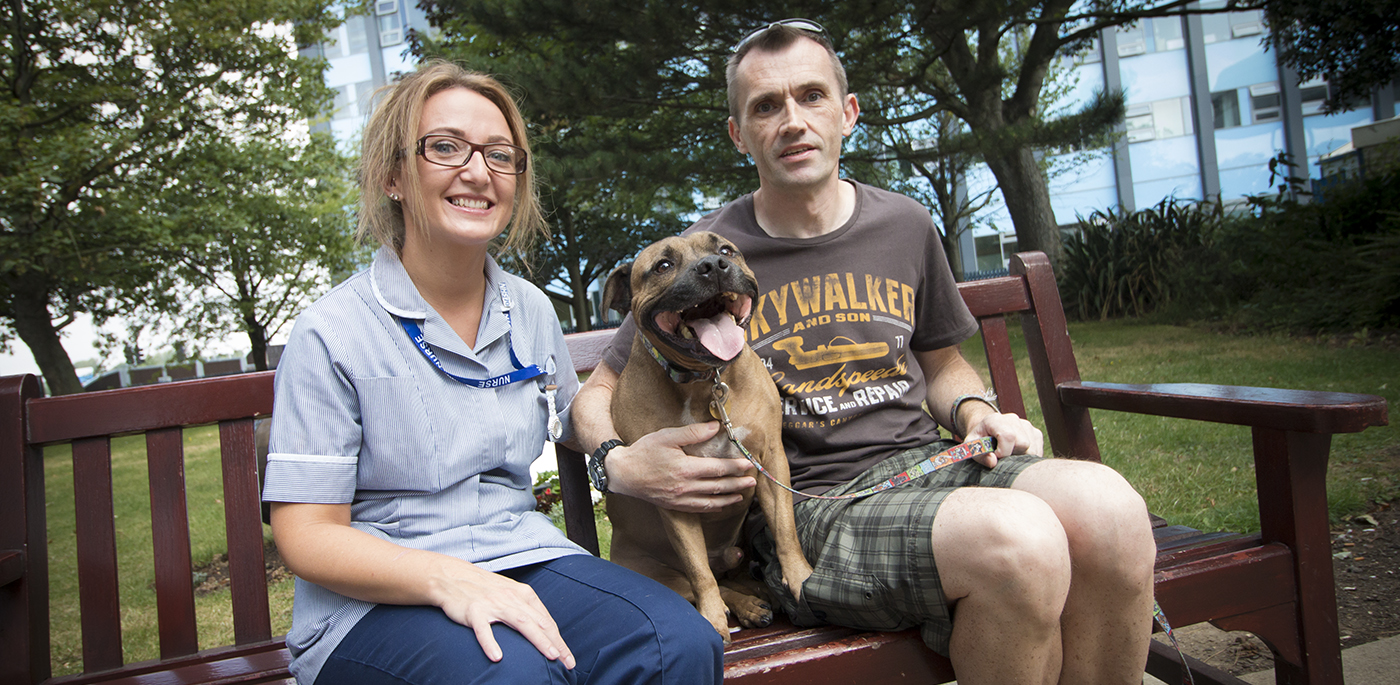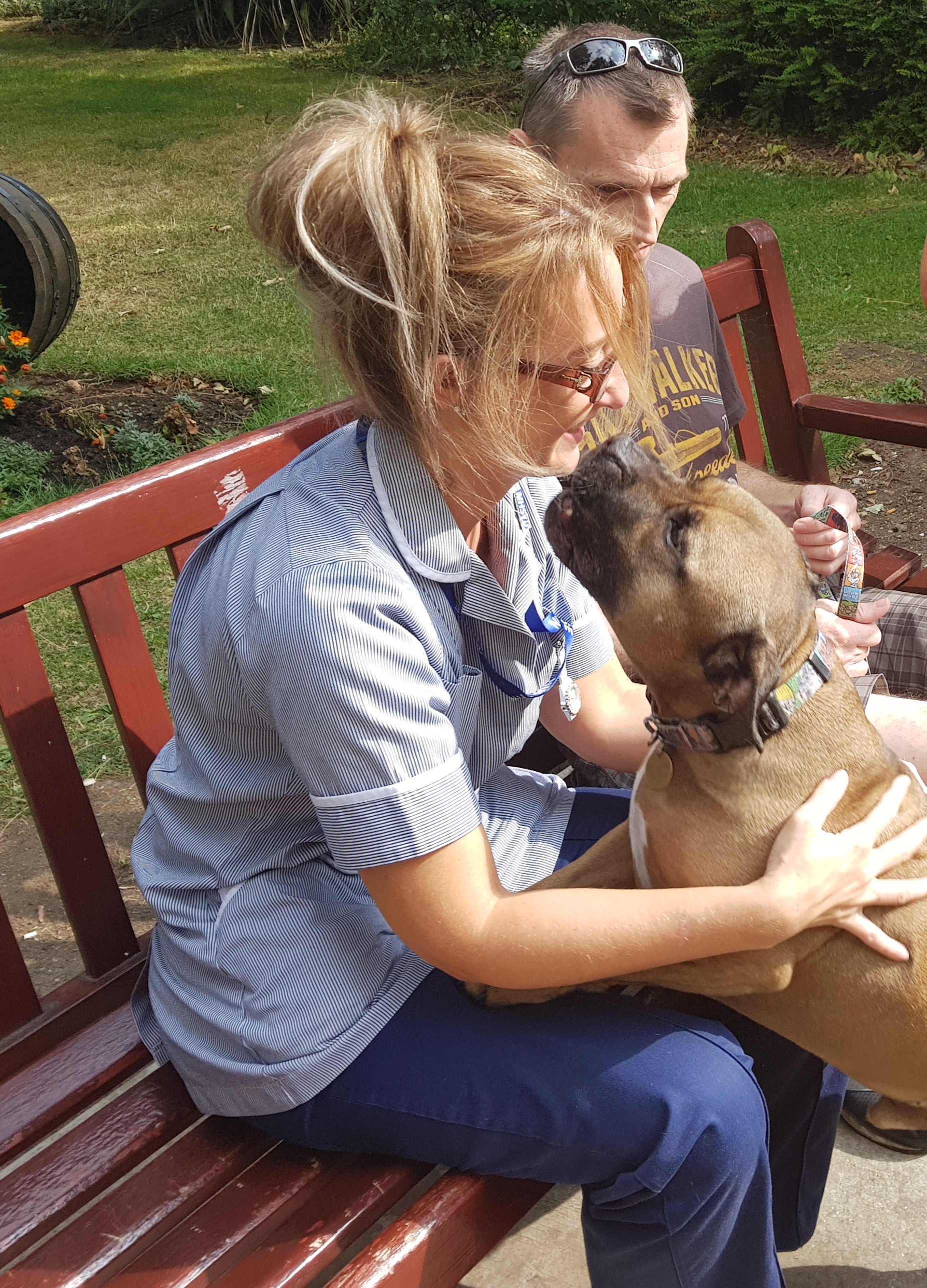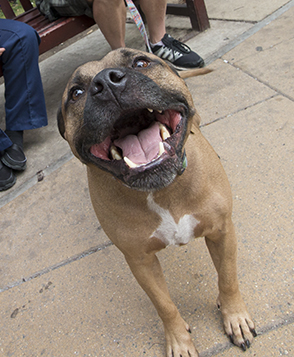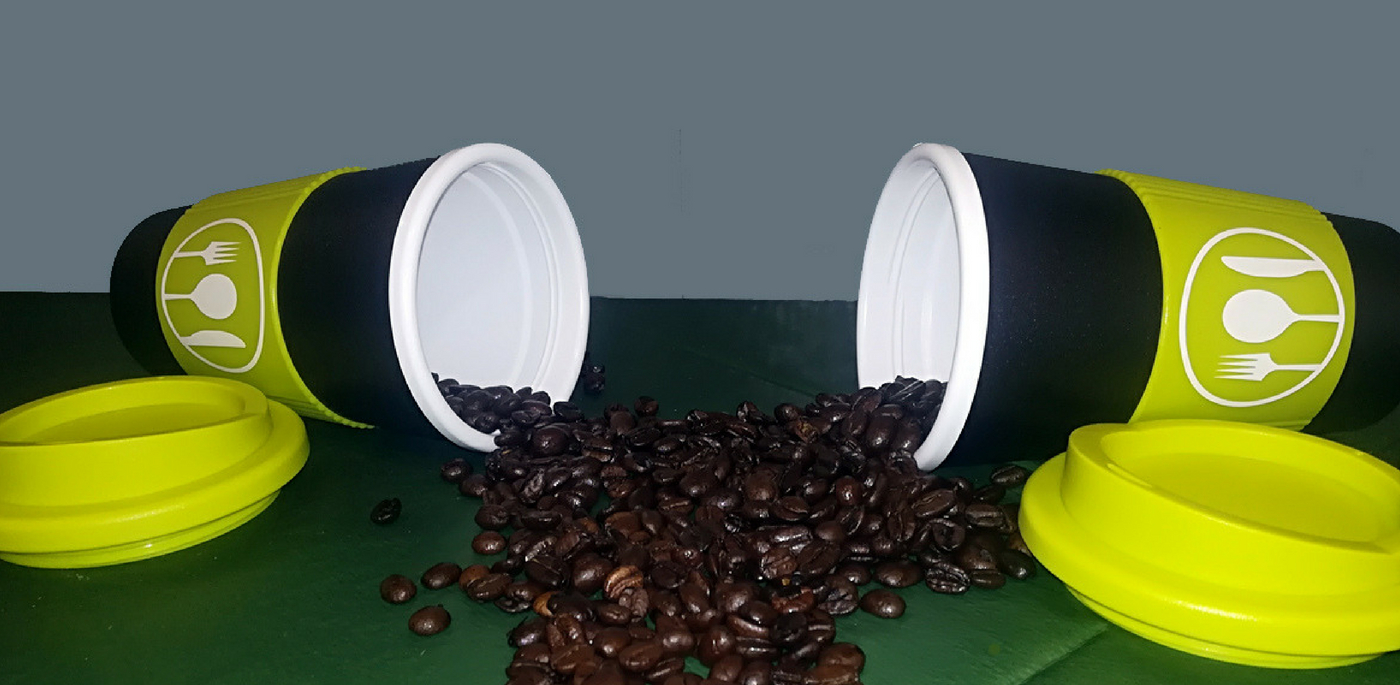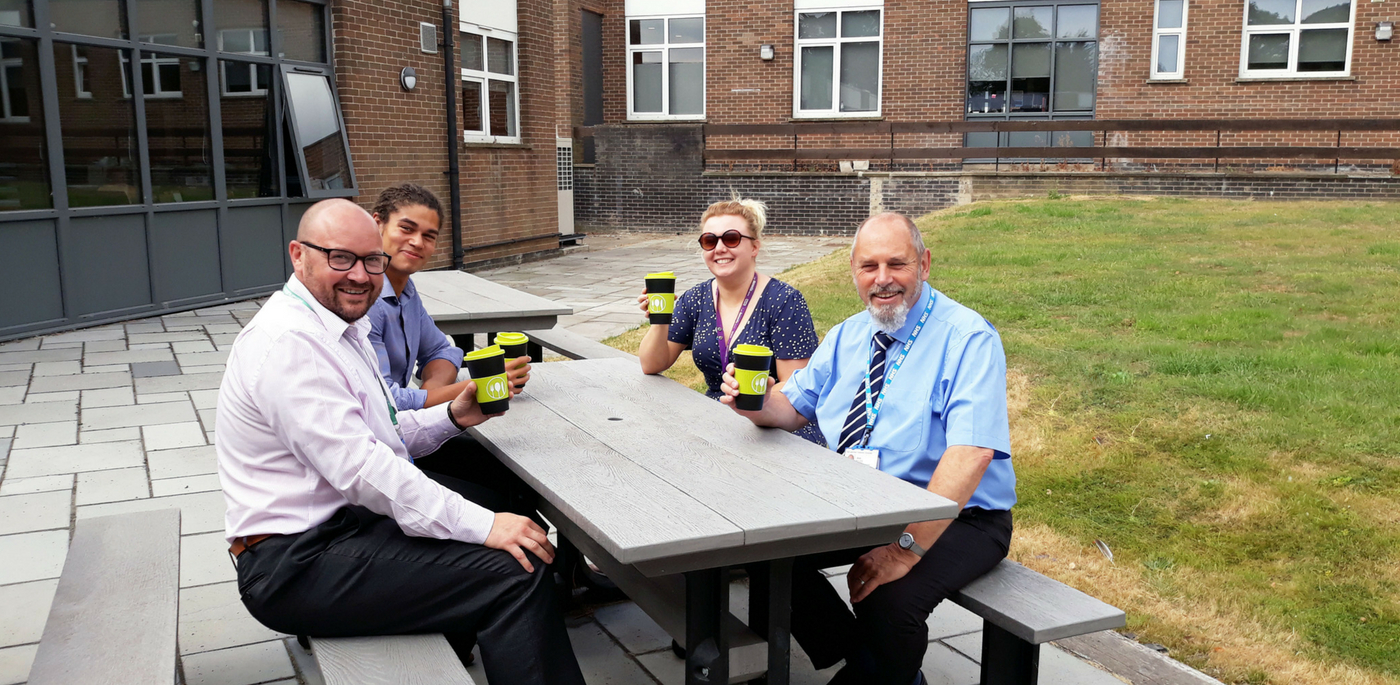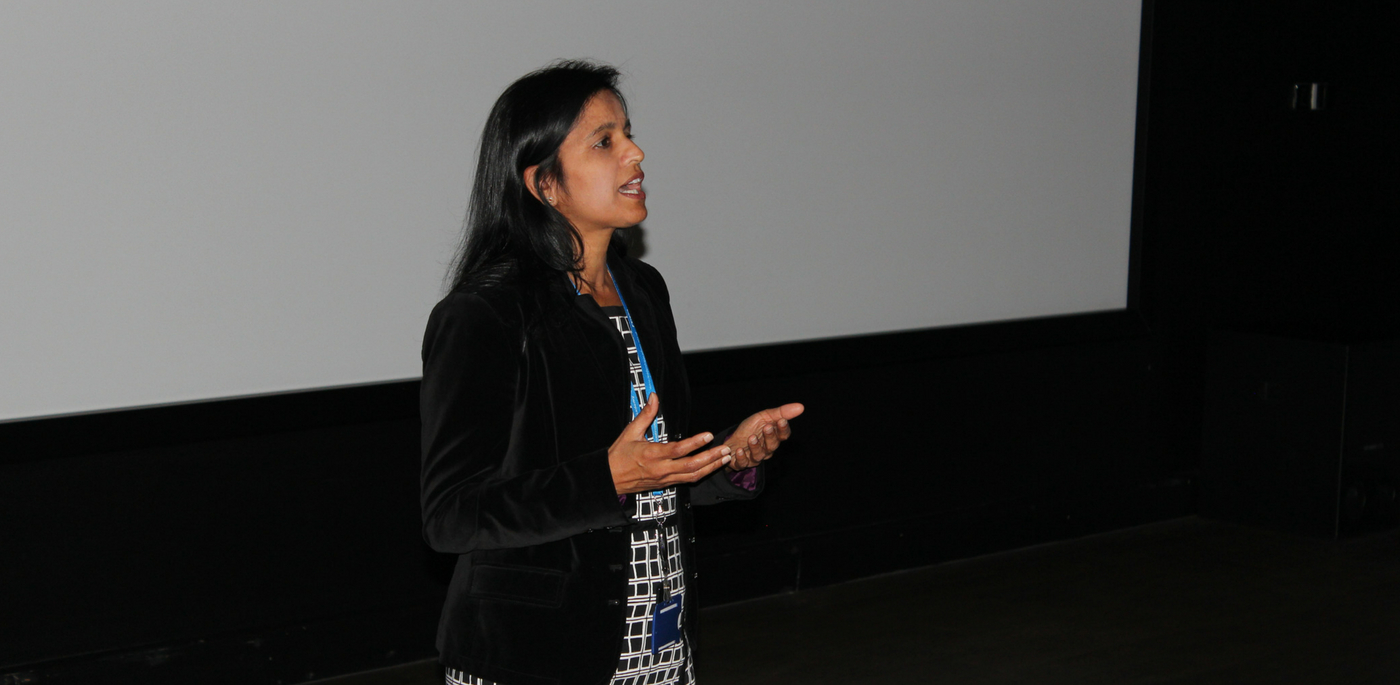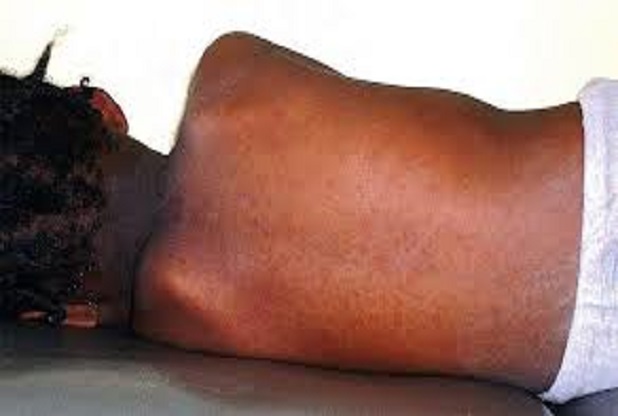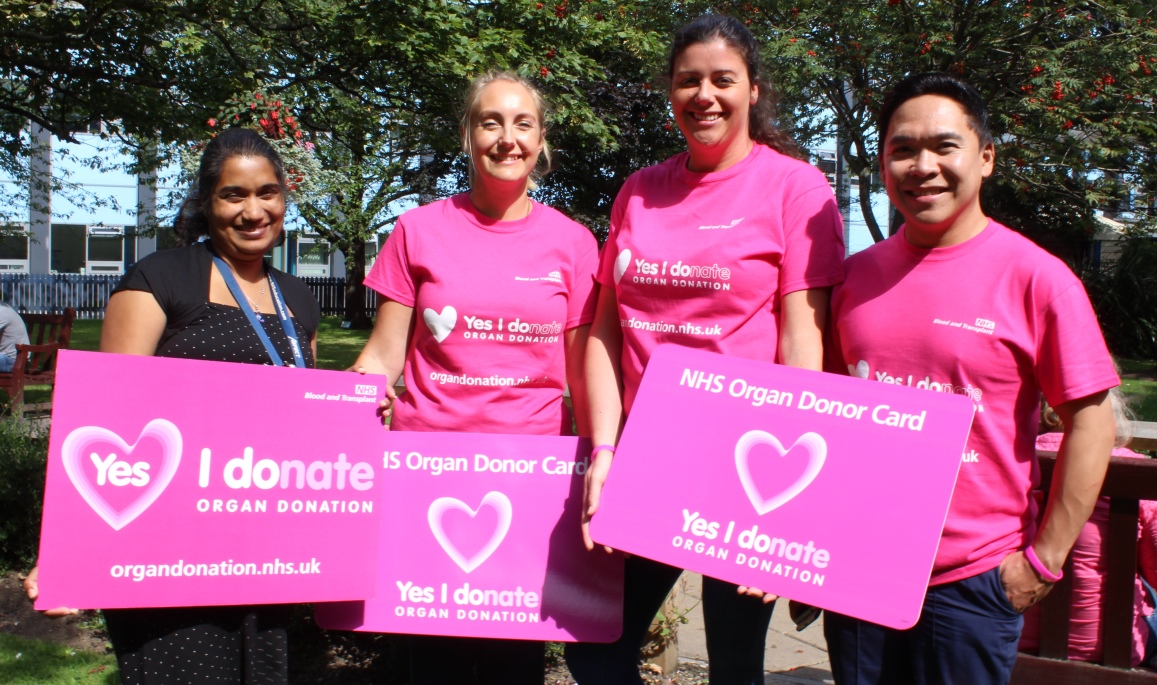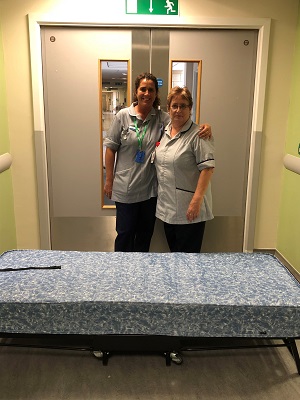A new support role is being introduced to empower midwives and midwifery assistants in Hull to take small steps to improve maternity services and feel happier in their careers.
Professional Midwifery Advocates (PMAs) at Hull University Teaching Hospitals NHS Trust will support staff in their roles to make sure women have the best care and staff are cared for as well.
Head of Midwifery Janet Cairns said the team of 12 PMAs will support the trust’s 230 midwives and the midwifery assistants to achieve the most out of their jobs.
She said: “This is about their health and wellbeing, given them a safe space to reflect on what has gone well, what could have gone better and what could they change to improve the service in the future.
“But it’s not just about the difficult situations our staff sometimes have to face, it’s about when things go really well that could be shared more widely to improve the service.
The new role is being introduced at hospitals throughout the country as part of the national maternity transformation aimed at improving maternity services.
The Hull team aim to build resilience, enable professional development and make time to check on the health and wellbeing of midwives and midwifery assistants.
They also see the role as providing the time and space to celebrate successes, offer time for reflection on any challenges facing the service and support midwives to make changes.
A key part of the PMA role is also to make staff feel valued.
PMAs will be given two days a month to work with midwives and midwifery assistants at Hull Women and Children’s Hospital and those working in the community, either in group sessions or in one-to-ones to offer support to staff.
As well as listening to staff, the PMAs can offer staff advice on how to handle difficult conversations, such as discussing a woman’s birth options when her preferred choice wouldn’t be safe for her or her baby or when the mother chooses lifestyles that may impact on the health of her baby, such as smoking and drinking alcohol.
Instead of their normal midwifery uniforms, the PMAs will wear pink tops to ensure they are freed up from their clinical roles to work with their colleagues.
Lorraine Cooper, part of the PMA team, said: “Research shows that if health care professionals feel supported in their roles, they will, in turn, improve standards of care so this has major benefits for women too.
“Not only will our midwives feel more supported, we hope this new role will help achieve the most out of their careers and come up with ideas which can benefit everyone.”
The PMA team will be launched at the trust on August 10 and midwifery leaders will welcome other members to staff to sign up to the new role in the future.


